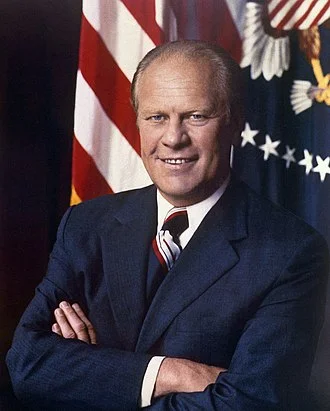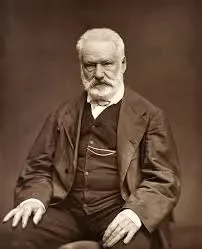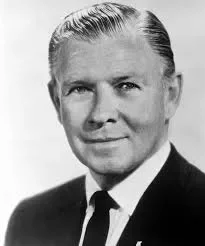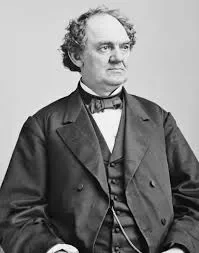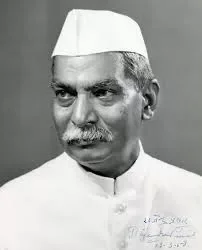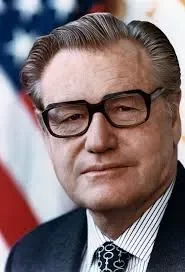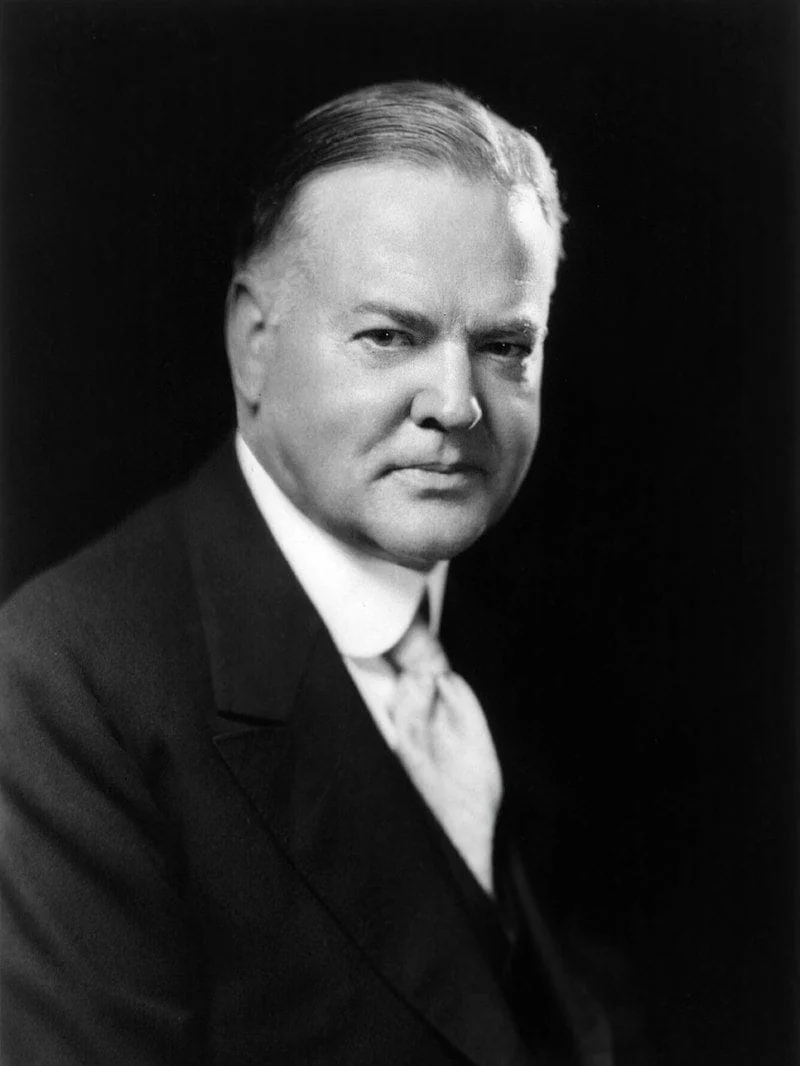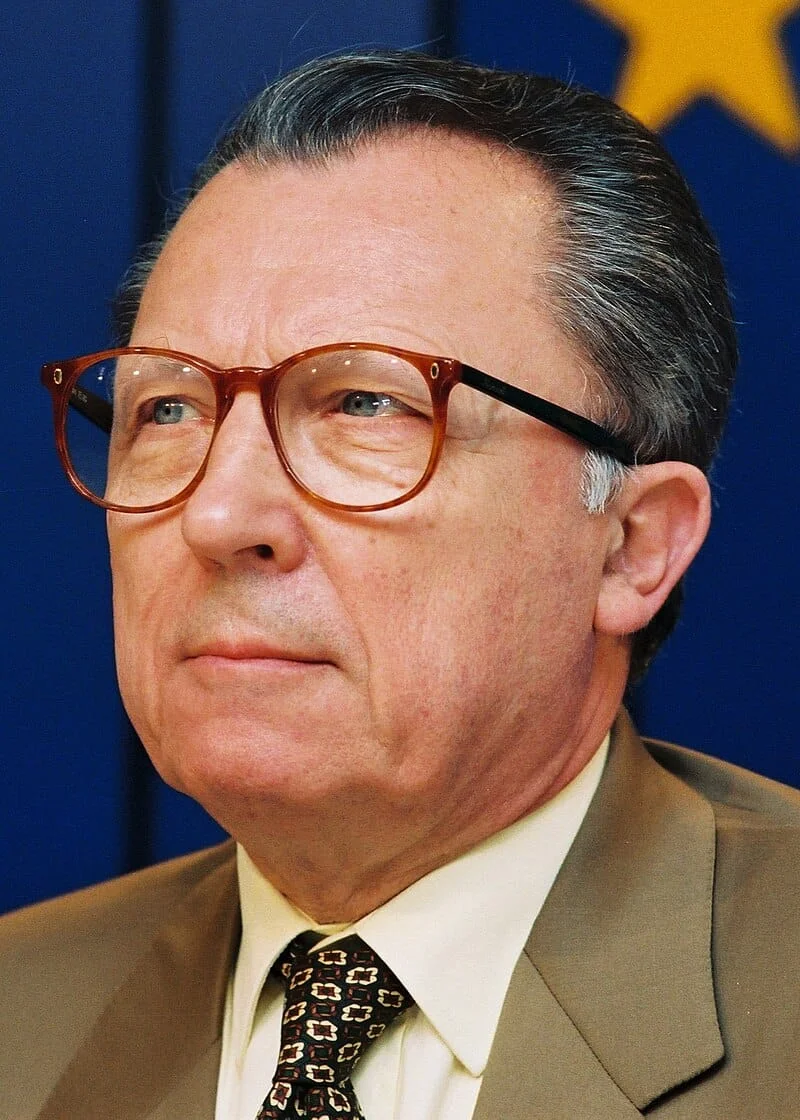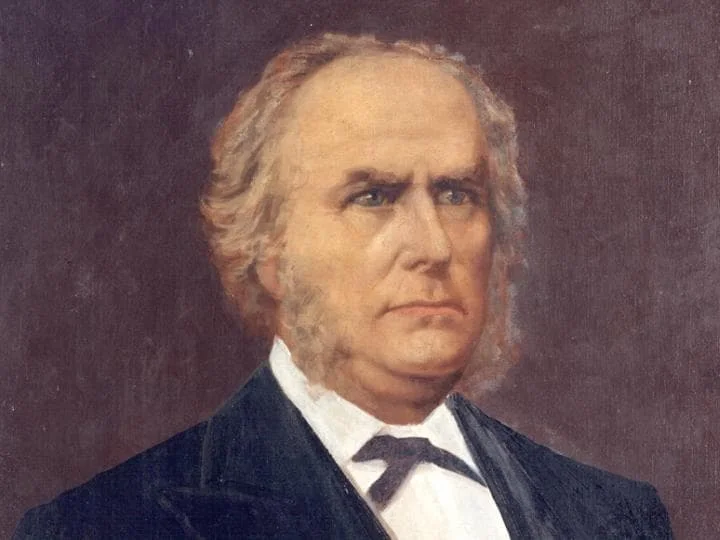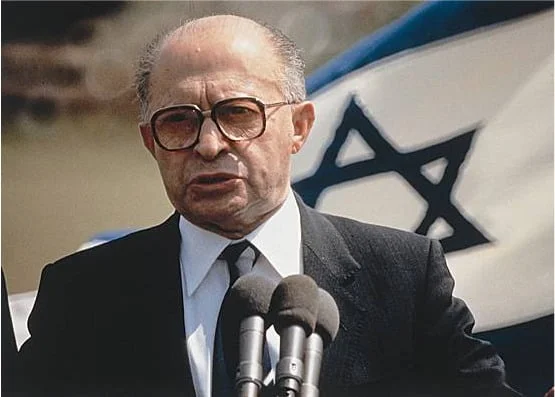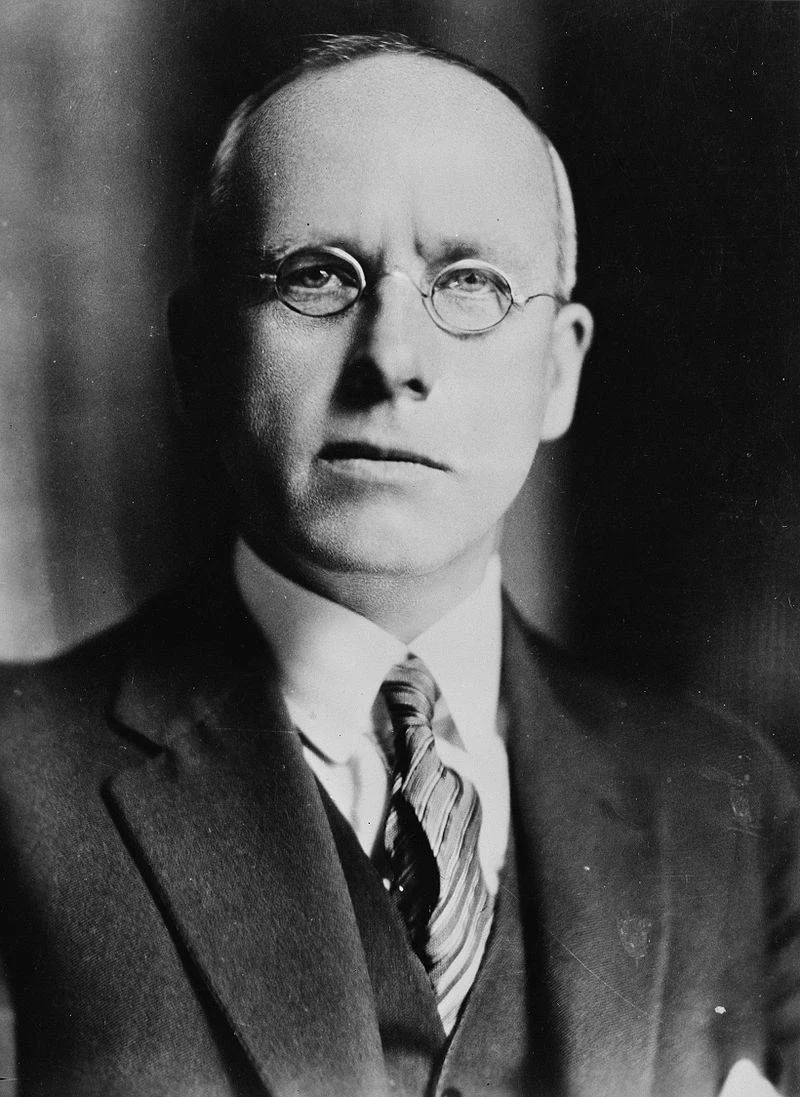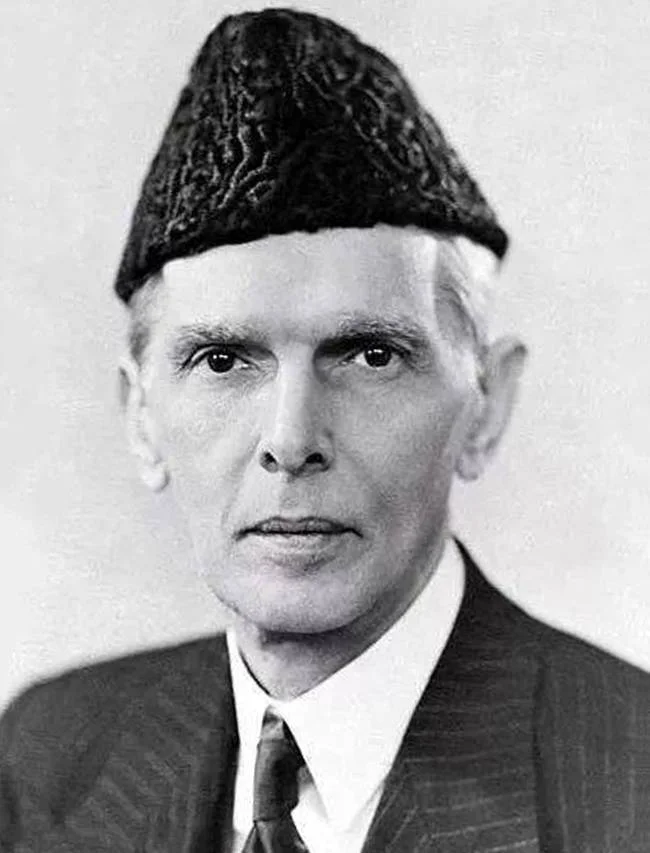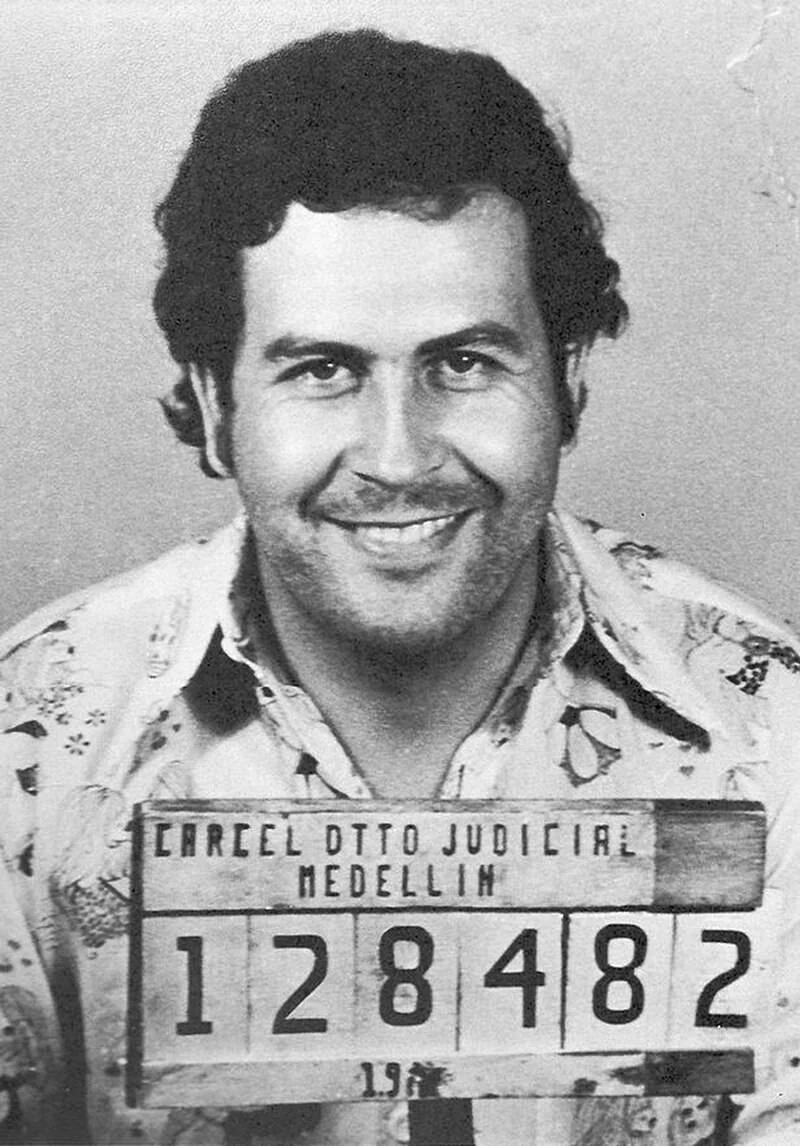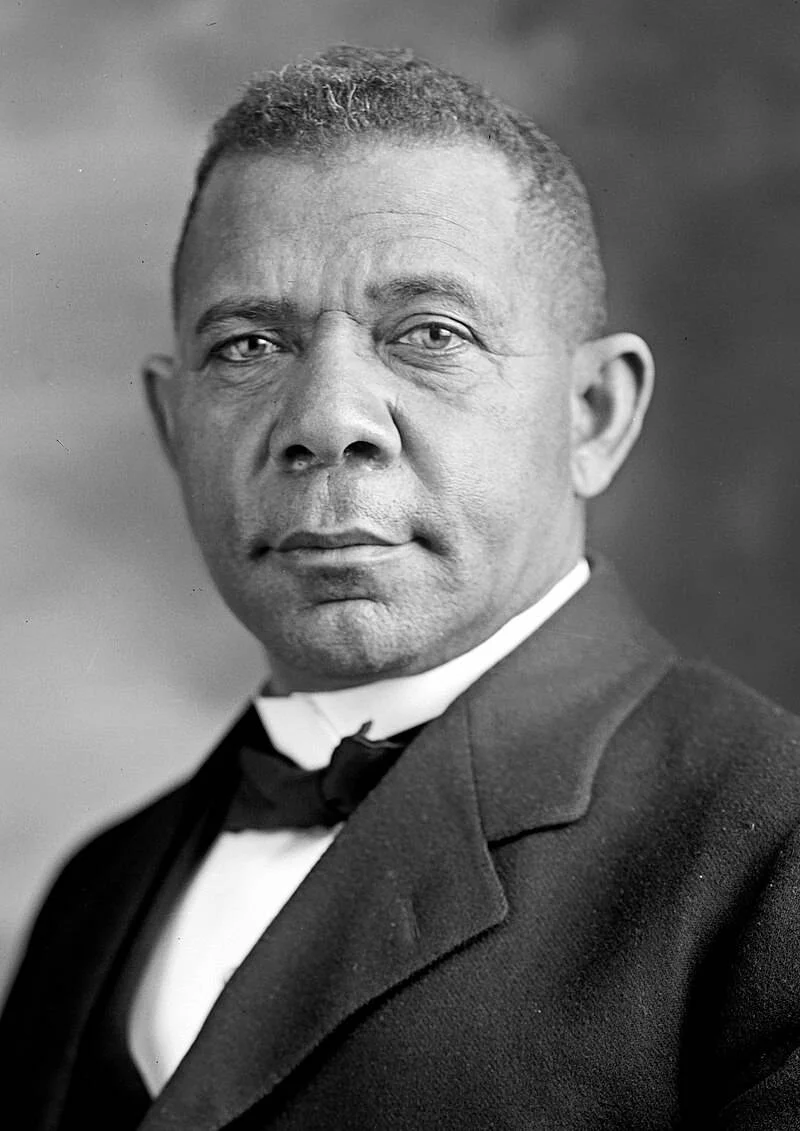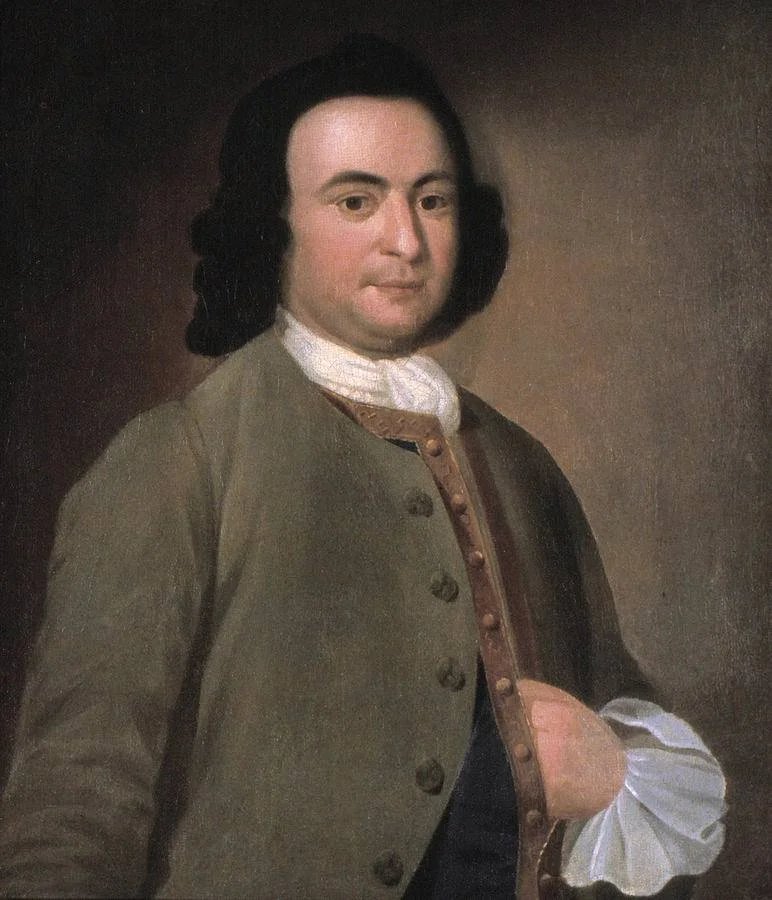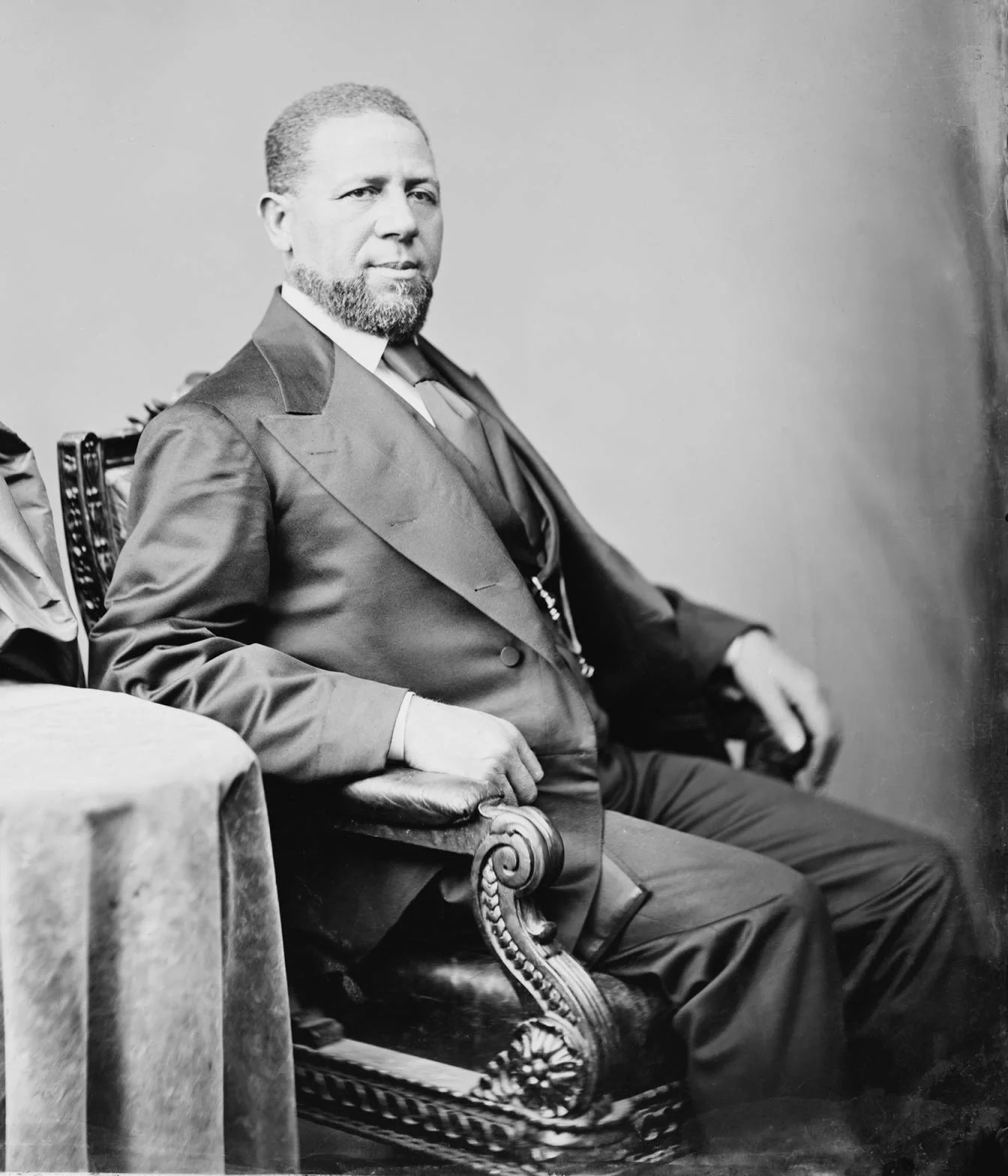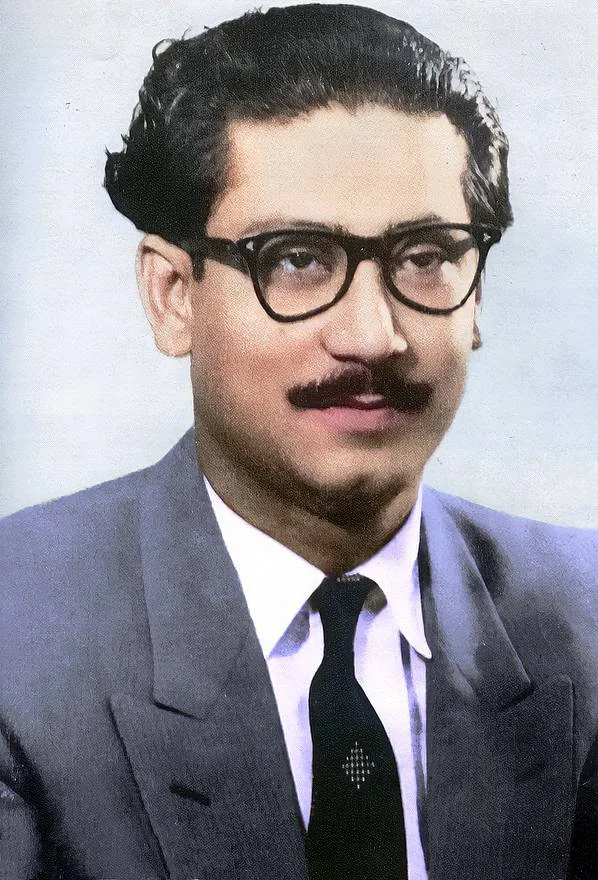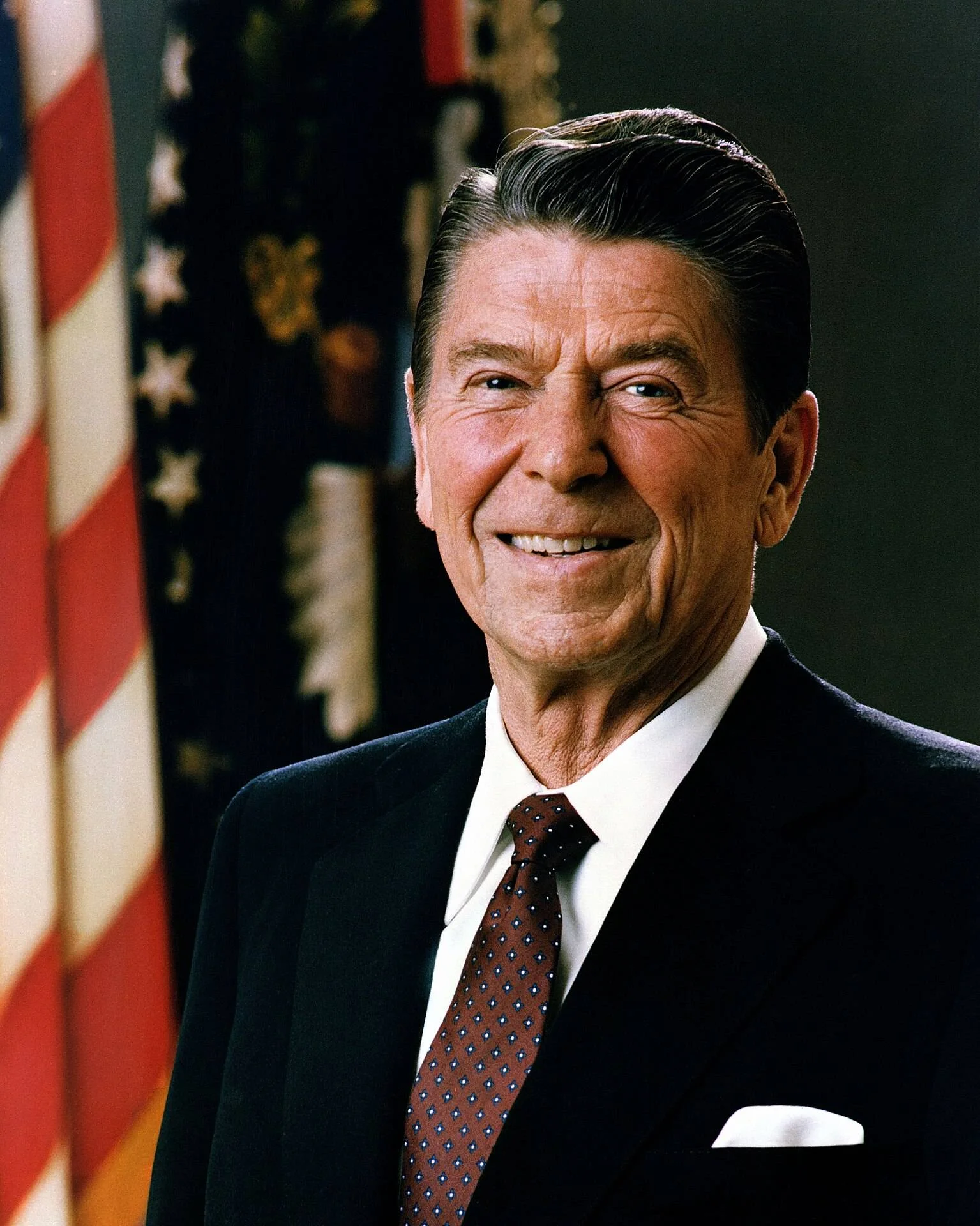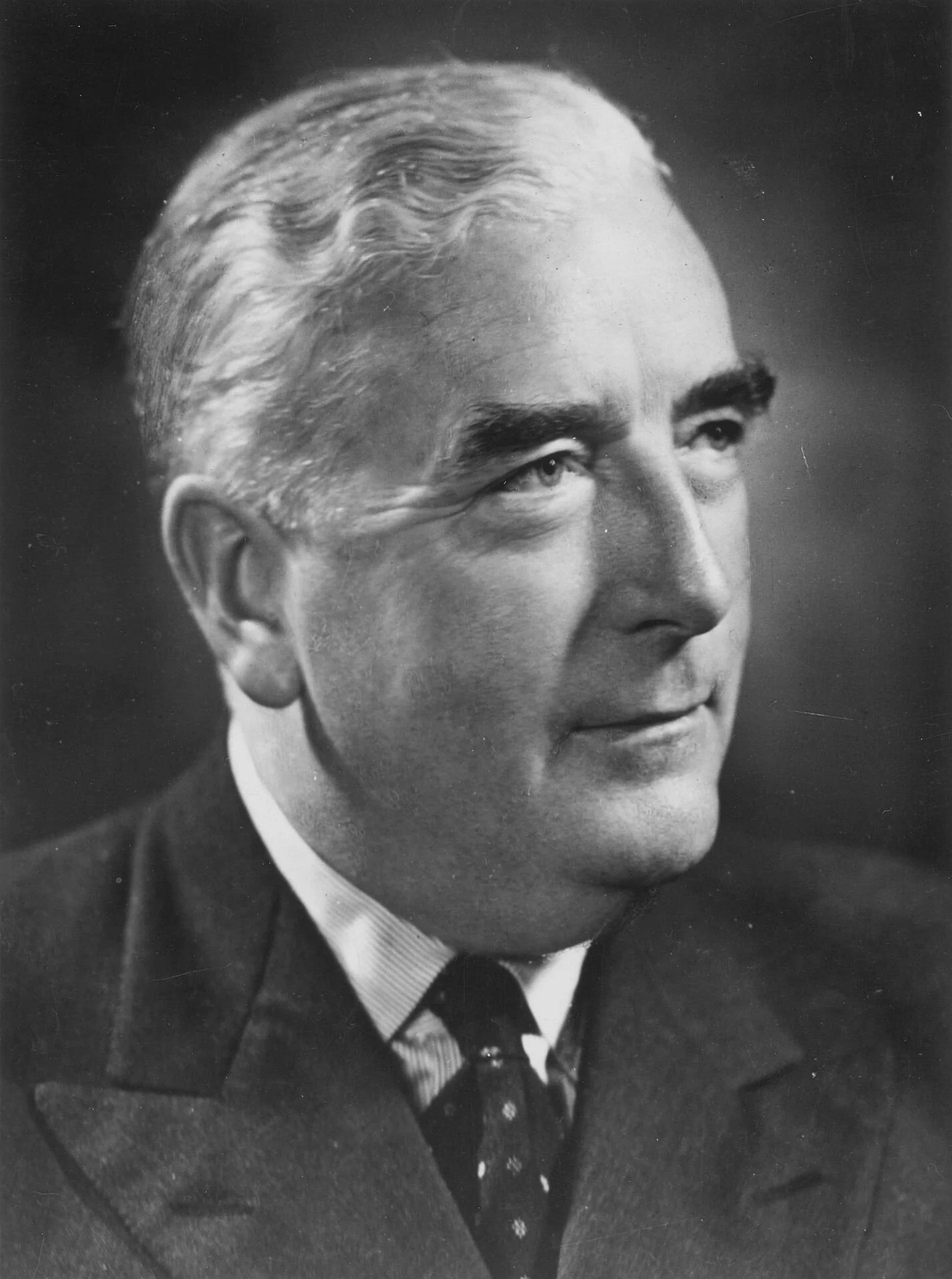Real Celebrities Never Die!
OR
Search For Past Celebrities Whose Birthday You Share
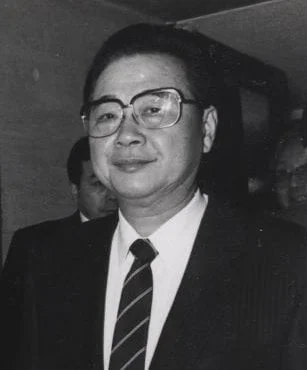
source:wikipedia.org
Li Peng
Birthday:
20 Oct, 1928
Date of Death:
22 Jul, 2019
Cause of death:
Heart attack
Nationality:
Chinese
Famous As:
Politician
Age at the time of death:
90
Li Peng's Quote's
Early Life and Background
Li Peng was a prominent Chinese politician who served as the Premier of the People’s Republic of China from 1987 to 1998. Born on October 20, 1928, in Chengdu, Sichuan Province, China, Li Peng was the son of Li Shuoxun, a revolutionary and close associate of Mao Zedong. This familial connection would prove instrumental in Li Peng’s future political career.
Political Career and Rise to Prominence
During the Chinese Civil War, Li Peng joined the Communist Party of China (CPC) and actively participated in the revolutionary struggle. Following the establishment of the People’s Republic of China in 1949, he held various positions within the government and the CPC. In the 1980s, Peng rose to prominence within the Chinese leadership, becoming a member of the CPC Central Committee in 1983 and later serving as a vice-premier. In 1987, he was appointed as the Premier of the State Council, making him the head of the Chinese government.
Tiananmen Square Protests
One of Li Peng’s most significant challenges came in 1989 when the pro-democracy protests, known as the Tiananmen Square protests, erupted in Beijing. Peng took a hardline approach and, along with other senior leaders, advocated for the use of force to suppress the demonstrations. The Chinese government’s decision to employ military force resulted in a violent crackdown on the protesters, leading to a significant loss of life. This event tarnished Li Peng’s reputation both domestically and internationally, with critics accusing him of being responsible for the tragic outcome.
Economic Reforms and Policies
Despite the controversy surrounding Tiananmen Square, Peng continued to play a pivotal role in China’s economic transformation. During his tenure as premier, he implemented economic reforms, emphasizing infrastructure development and industrial modernization. Li Peng’s economic policies aimed to maintain political stability while facilitating China’s rapid economic growth.
Southern Tour and Continued Development
In 1992, Peng was a key figure in promoting Deng Xiaoping’s “Southern Tour” to southern China, during which Deng endorsed the continuation of economic reforms and openness. This tour had a significant impact on China’s economic trajectory and reinforced Li Peng’s commitment to economic development. His tenure also saw China’s rapid modernization and increased engagement with the international community, as he worked to strengthen diplomatic relations, notably improving ties with Russia and signing various bilateral agreements.
Later Years and Retirement
In 1998, Li Peng stepped down from the position of premier after serving two consecutive terms. He continued to be involved in Chinese politics as the Chairman of the National People’s Congress (NPC) Standing Committee, a position he held until his retirement in 2003. As the head of the NPC, Peng oversaw legislative matters and played a significant role in shaping China’s legal framework.
Post-Retirement and Legacy
After his retirement, Li Peng maintained a relatively low profile. However, he occasionally made public appearances and wrote articles advocating for the Chinese government’s policies and defending his role in the Tiananmen Square incident.
Li Peng passed away on July 22, 2019, at the age of 91. His legacy remains controversial, with his role in the Tiananmen Square crackdown continuing to be a subject of debate and criticism. However, his contributions to China’s economic development and political stability cannot be overlooked, as he played a significant part in shaping the country’s modern history.
Name:
Li Peng
Popular Name:
Li Peng
Gender:
Male
Cause of Death:
Heart attack
Spouse:
Place of Birth:
Shanghai French Concession
Place of Death:
Beijing, China
Occupation / Profession:
Personality Type
Protagonist: Charismatic and inspiring leaders, able to mesmerize their listeners. He was a popular leader with very good leadership capacities.
In 1941, Li Peng began studying at the Yan'an Institute of Natural Science
Li was born as Li Yuanpeng at a Family house in Shanghai French Concession.
Medal of Pushkin
Nishan-e-Pakistan
Order of Merit Cameroon
Order of Ouissam Alaouite Morocco
Order of the Liberator Venezuela
Order of the Republic Tunisia
Order of the Sun of Peru
Order of the Yugoslav Star

